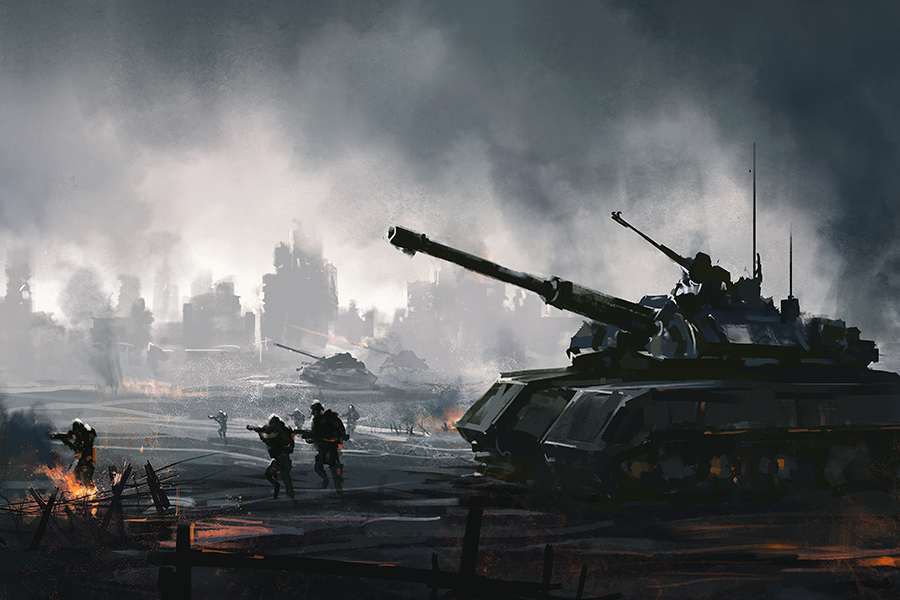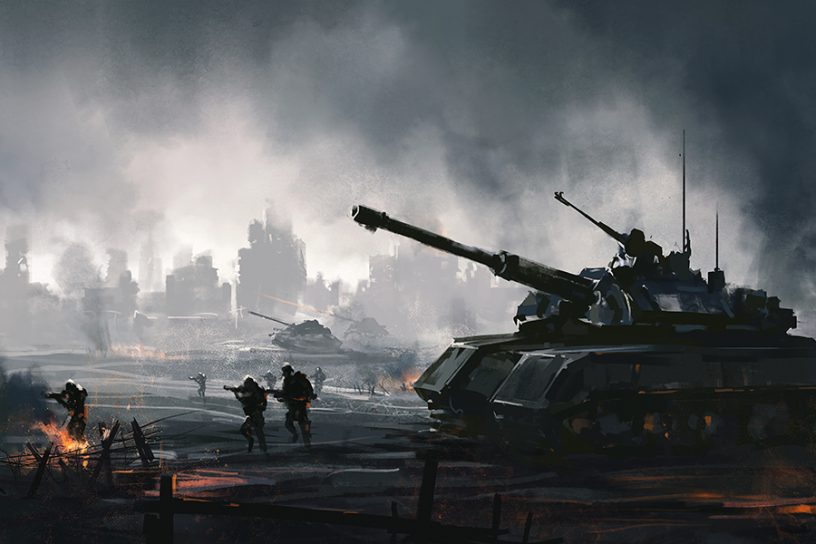
The possibility of Russian academicians facing discrimination by the world’s major research bodies is bad news for research communities globally, say the authors.
Authors
Abhiroop Chowdhury, Professor, Jindal School of Environment & Sustainability, O.P. Jindal Global University, Sonipat, Haryana.
Armin Rosencranz, Professor and Dean, Jindal School of Environment & Sustainability, O.P. Jindal Global University, Sonipat, Haryana, India.
Summary
On 24 February, Vladimir Putin’s Russia launched an all-out invasion of its neighbour, Ukraine. It altered global geopolitics overnight. This is the first time since 1945, the end of WWII, when war engulfed a part of Europe. Reactions from the world’s nations were swift as was the start of propaganda warfare by both fronts – Russia and the West. Arrays of economic sanctions have been put on Russia, its aircraft banned from western air spaces and assets of Russian oligarchs in the Western nations are now confiscated. Russia replied by banning its airspace to western air traffic, started trading its hydrocarbons in rubles and intensifying its attack across the eastern Ukraine front and capturing the key city of Severodonetsk.
Caught between these political crossfires of the West and Russia are Russian researchers and academicians. They have nothing to do with Putin’s war. Last year’s estimates indicate different meetings were organised between BRICS nations – Brazil, Russia, India, China, and South Africa – to further their collaborations in the fields of astronomy, climate, energy, health, and medicine. BRICS nations want to relax intellectual property rules to make Covid vaccines available to all and technology transferable. There were also plans to share data on biodiversity, climate, and food security to mutually achieve the targets of the UN Sustainable Development Goals (SDGs) by 2030.
Fifty per cent of research articles published by Russian academicians in 2021 were collaborations with institutes across EU, while around 20 per cent were with US-based organizations. Since the beginning of the Russia-Ukraine war, Ukrainian academicians have advocated for the denial of rights to publish research by Russian academicians in journals worldwide.
Worldwide, journals need to comply with long-established publication ethics – they must not discriminate on the basis of national identity. This standard was adopted during the cold war to encourage Soviet bloc nations to make their research globally available in peer reviewed journals. During WW I, German publications were ostracized in the West. But this was soon withdrawn, recognizing the discrimination enshrined in such measures.
Published in: The Statesman
To read the full article, please click here.


